Rajasthan Sindhu Darshan Tirth Yatra Yojana
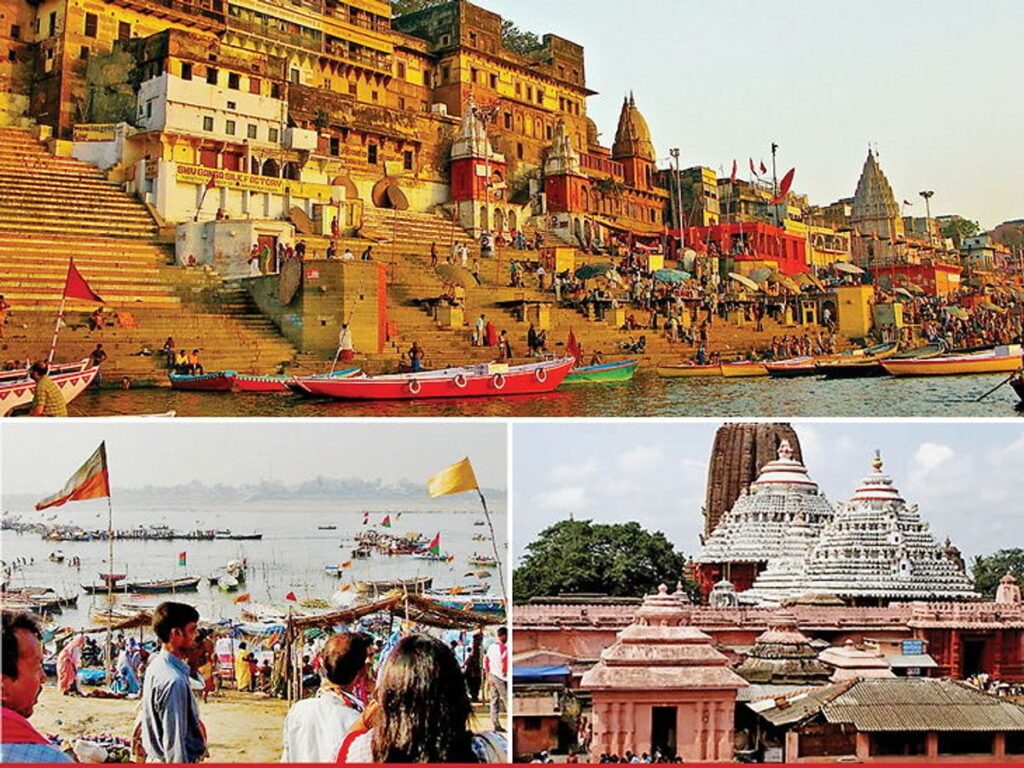
The Rajasthan government has started a scheme for its residents wishing to go on the Sindhu Darshan pilgrimage. The scheme announced is called as “Sindhu Darshan Tirth Yatra Yojana”. The Sindhu Darshan festival is usually held every year in the month of June on the auspicious occasion of Guru Purnima at Leh Ladakh. A large […]
Rural Entrepreneurship Development Program
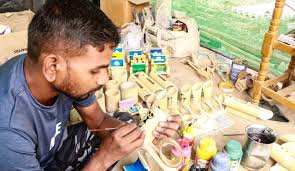
Establishing businesses is important for a country’s progress as it augments economic and employment growth. State and central governments are continuously launching new and attractive schemes to encourage their citizens to come up with innovative business ideas. Setting up an enterprise depends on one’s capacity, which differs from person to person. If the enterprise must […]
Excise Tax

Taxation plays a vital role in the economy and makes a significant contribution to it. In India, the tax structure encompasses different types of taxes and duties like excise duty. To streamline the process of paying taxes and claiming returns, it is essential for individuals whose income comes under a taxable bracket to become familiar with […]
Kanyashree Prakalpa
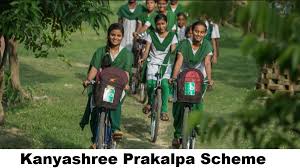
Kanyashree Prakalpa seeks to improve the status and well-being of girls, specifically those from socio-economically disadvantaged families through Conditional Cash Transfers by:Incentivizing them to continue in education for a longer period, and complete secondary or higher secondary education, or equivalent in technical or vocational steams, thereby giving them a better footing in both the economic […]
Visa Expense Reimbursement Scheme for Rajasthan Construction Workers for Employment Abroad

This scheme, launched by the Rajasthan Government’s Labor Department, is designed to alleviate the financial burden of visa expenses for construction workers seeking employment abroad. By reimbursing these costs, the scheme aims to encourage construction workers to pursue overseas employment opportunities and contribute to the state’s economy through foreign remittances. About Construction workers go abroad […]
Higher and Technical Education

Higher education plays a significant role not only in national development but also in fostering the ability of individuals to face challenges. The unprecedented growth of knowledge necessitates higher education to be more dynamic than ever before, continually venturing into new domains. Between 2011-12, the Government launched programmes to provide greater opportunities for access to […]
Shetkari Samman Yojana
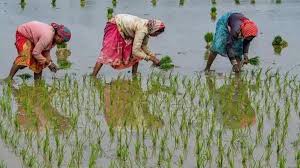
• Under this scheme an amount of Rs. 6000/- will be transferred annually in three equal instalments• Government Resolution No Kisani-2023/CR 42/11 A dated 15/06/2023 has been issued regarding the scheme. • Farmers which are eligible for PM Kisan Yojana will be eligible for the benefit of “Namo Shetkari Mahasanman Nidhi Yojana”The Pradhan Mantri Samman […]
Rajasthan Gas Cylinder Subsidy Scheme
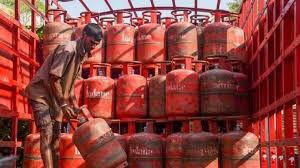
From September 1, the Bhajanlal Sharma government of Rajasthan will provide gas cylinders for Rs 450 to the families covered under the National Food Security Act (NFSA) in addition to BPL and Ujjwala connection holders.According to the guidelines of the Food and Civil Supplies Department, every family will be given a cylinder every month at […]
Rajasthan Indira Mahila Shakti Training and Skill Development Scheme
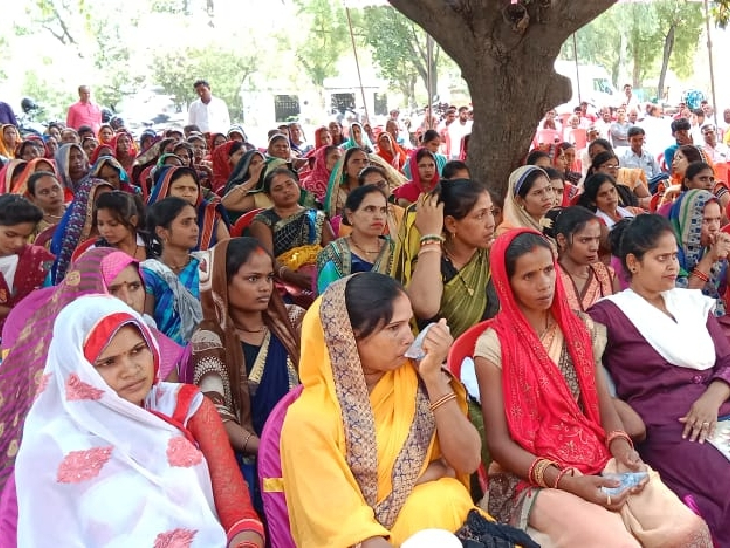
The ‘Indira Mahila Shakti Training and Skill Promotion Scheme’ has been launched by the Rajasthan Government. It aims to provide computer and skill development training to girls and women from Rajasthan who are between 16 and 45 years. The Rajasthan government’s Women and Child Development Department offers a program called Indira Mahila Shakti Prashikshan Evam […]
Mission Indradhanush
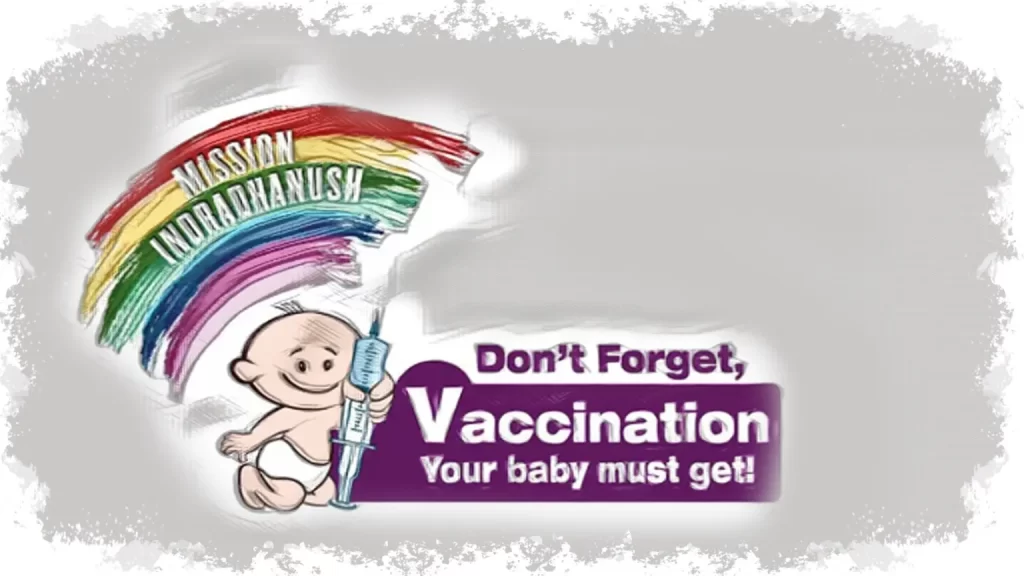
The Intensified Mission Indradhanush (IMI) was launched in 2018 by the Central Government with the objective of covering all children under the age of two and pregnant women for immunization who were not covered under the UIP. This program was to intensify the Mission Indradhanush that had been launched in 2014. The objective of Mission Indradhanush […]